
Student makes centuries-long discovery completely 'by accident' that could lead to major change to world
A university student managed to make a centuries-long discovery, completely 'by accident'.
Luke Auld-Thomas, a PhD student at Tulane University in the US, was out in the southeastern state of Campeche, Mexico, after his recent browse on Google.
The archaeologist told the BBC: “I was on something like page 16 of Google search and found a laser survey done by a Mexican organisation for environmental monitoring.”
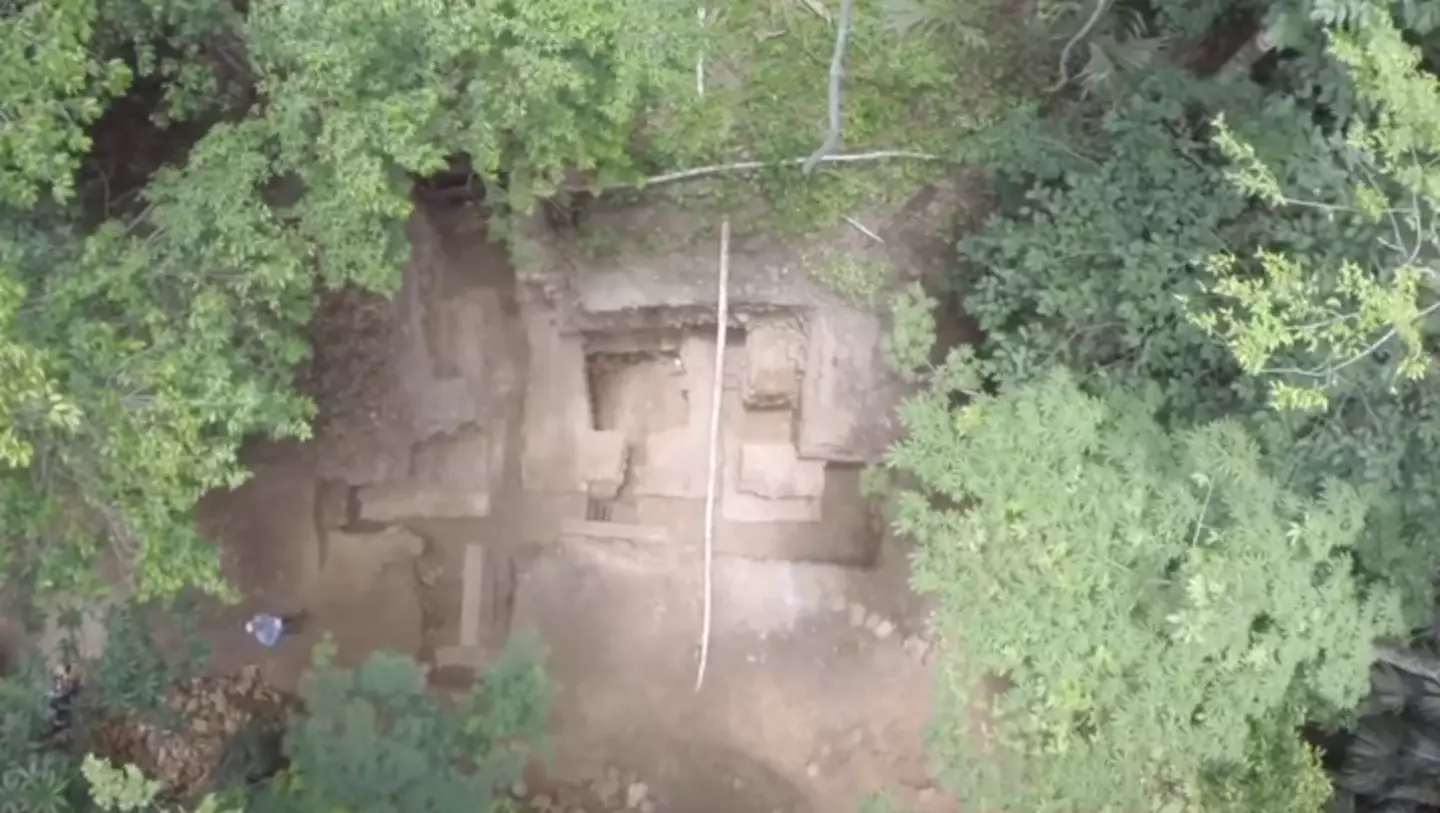 Laser survey lidar was used to discover the area (YouTube/BBC News)
Laser survey lidar was used to discover the area (YouTube/BBC News)
The lidar survey he is referring to happens to be a remote sensing technique which fires across laser pulses from an aircraft. This helps map and identify objects that are buried below the ground.
After processing the data, he accidentally came across a massive ancient city in a survey area the size of Edinburgh.
The hidden area was believed to be a huge Maya city, belonging to the civilisation that faded 3,000 years ago.
Mayans were known for their distinctive temples and cities, which stood for centuries.
But due to war and disease, most of the ancient city, belonging to 30-50,000 people at its peak, faded away.
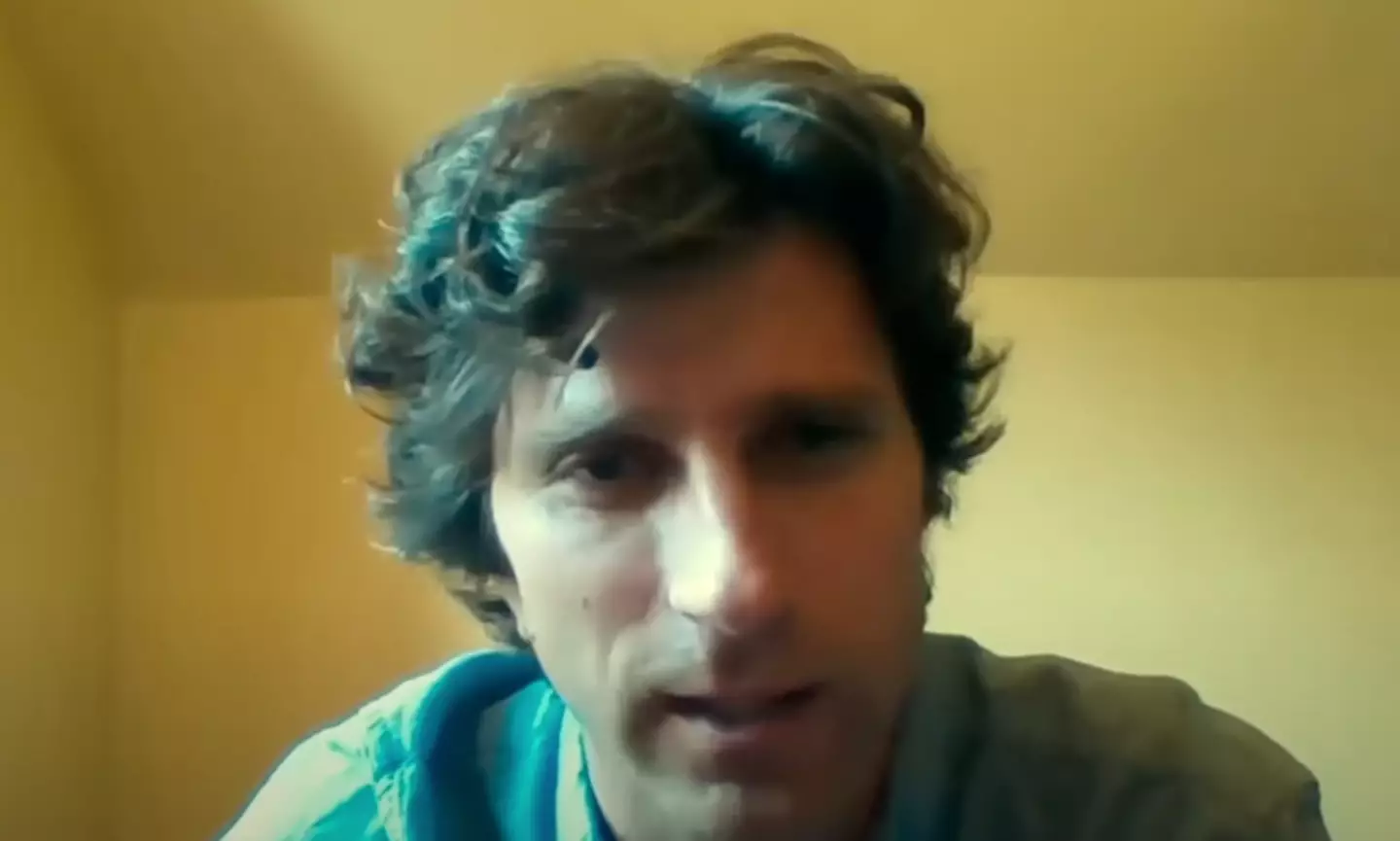 Luke Auld-Thomas, a PhD student at Tulane University in the US, made the discovery (YouTube/BBC News)
Luke Auld-Thomas, a PhD student at Tulane University in the US, made the discovery (YouTube/BBC News)
'Valeriana' is the name the group of archaeologists have given to the hidden city, though to habitable from 750 to 850 AD.
It's the second largest Maya site in ancient Latin America to Calakmul, which is around 62 miles away.
Sadly, there are no pictures of the once lived-in city, but estimates suggest that it was around 16.6 sq km, with pyramids, sports fields and houses.
"It's suggesting that the landscape was just completely full of people at the onset of drought conditions and it didn't have a lot of flexibility left," Auld-Thomas said.
"I've got to go to Valeriana at some point. It's so close to the road, how could you not? But I can't say we will do a project there.
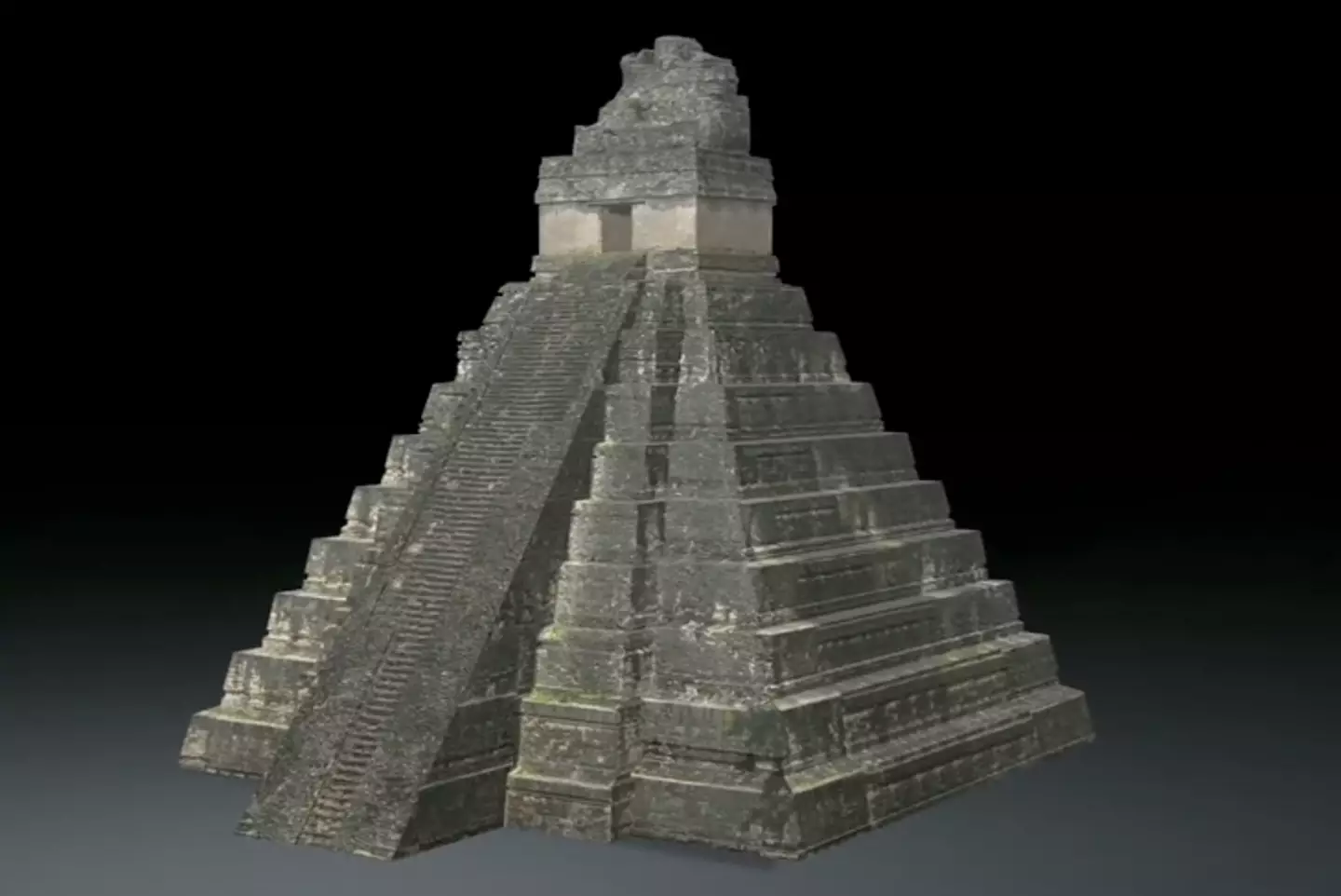 Here's what one of the Mayan pyramids may have looked like back in the day (YouTube/BBC News)
Here's what one of the Mayan pyramids may have looked like back in the day (YouTube/BBC News)
"One of the downsides of discovering lots of new Maya cities in the era of Lidar is that there are more of them than we can ever hope to study.
"And so maybe the entire system basically unravelled as people moved farther away."
Professor Elizabeth Graham, from University College London, was not involved in the research but added: "The point is that the landscape is definitely settled - that is, settled in the past - and not, as it appears to the naked eye, uninhabited or ‘wild’."
The full study is published in the academic journal Antiquity.
News in the same category

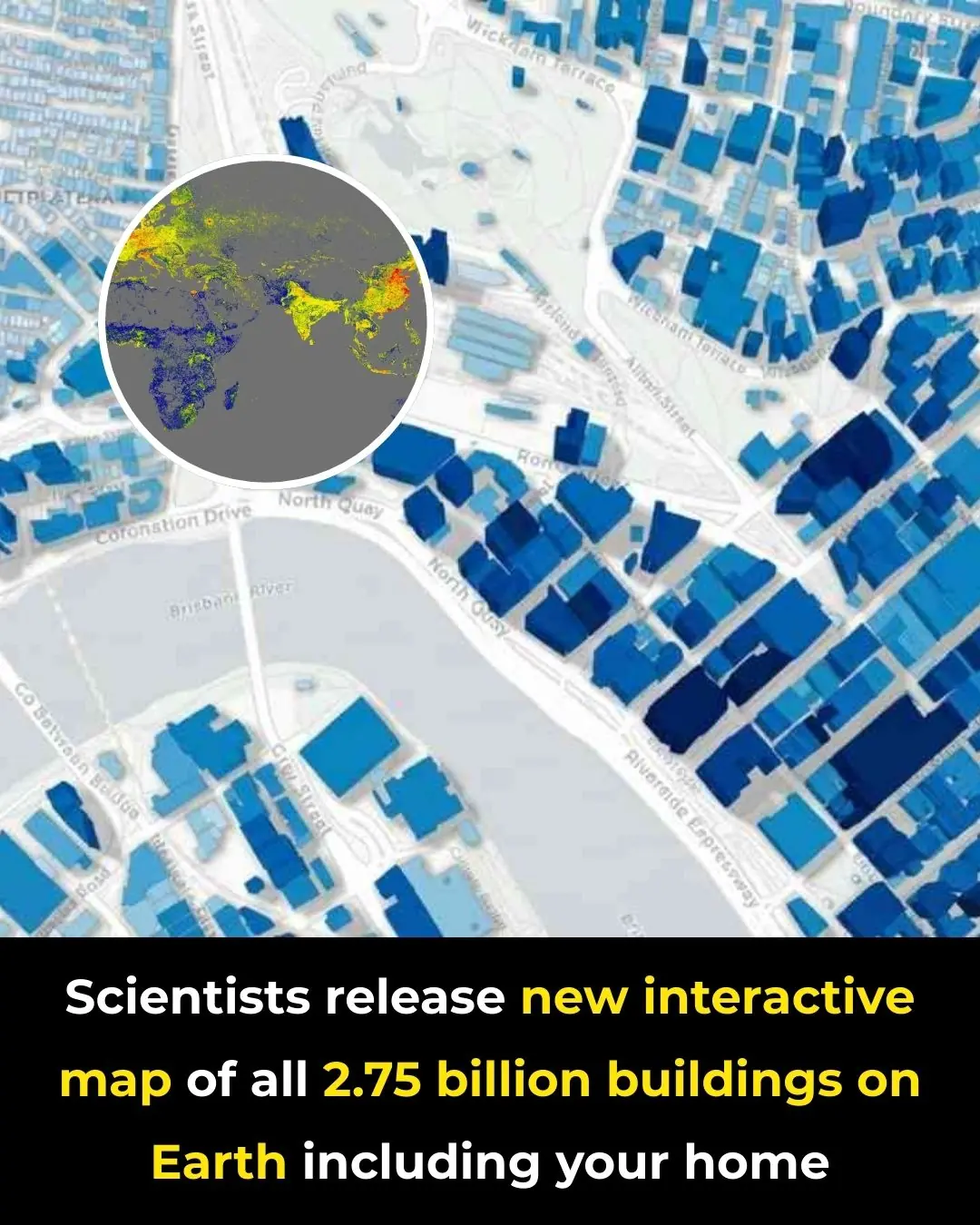
A New Global Atlas Maps Every Building on the Planet in Unprecedented Detail
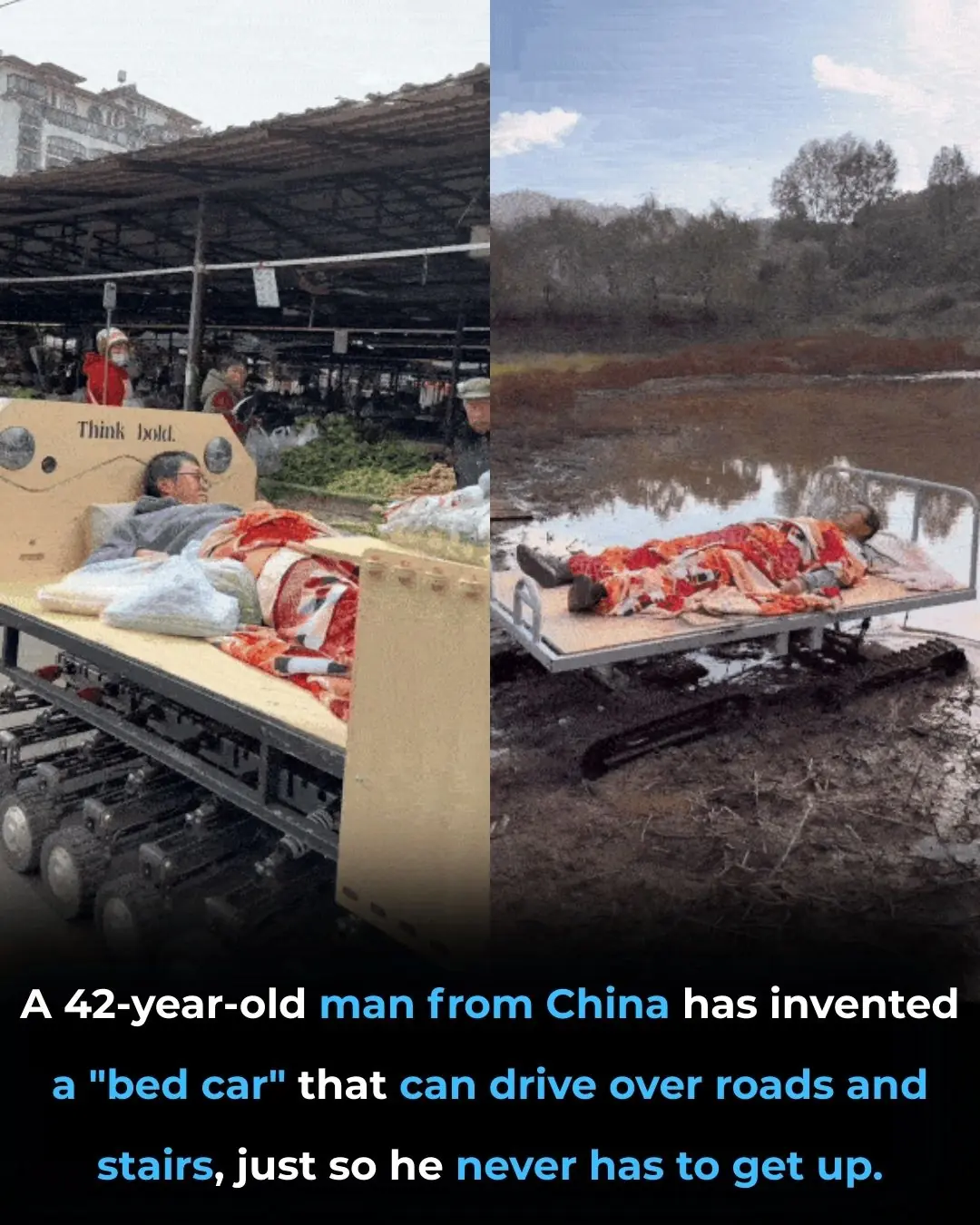
A Bed on Wheels: A Chinese Inventor’s Unusual Take on Personal Transportation
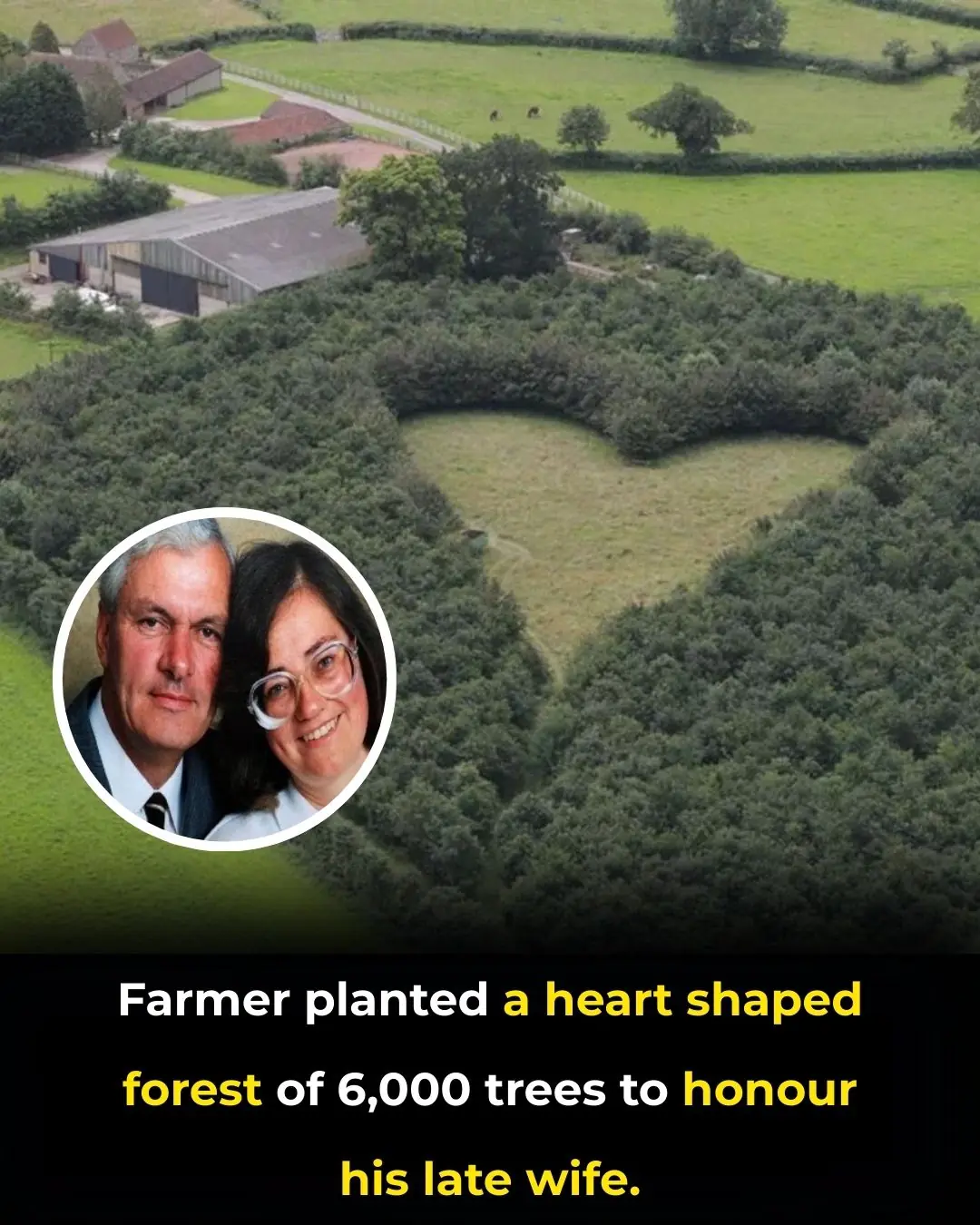
Planting Love That Endures: The Heart-Shaped Forest of Winston Howes

No More Lonely Days: Inside Canada’s Growing Trend of Doggy Schools

A Rare Medical Breakthrough: Surgeons Keep Severed Ear Alive by Grafting It to the Foot

The AI Revolution and the Future of Work: Jobs Most and Least Likely to Be Replaced

From Rising Living Costs to Sky-High Salaries: The Reality of Airline Pilot Pay

They Had No Money for Gifts—What They Did Instead Will Move You

Researchers Find Method to Trigger Retinal Repair Without Stem Cells

A Desperate Attempt: When a Driver Tried to Blame His Dog for Speeding

The Viral T-Shirt That Perfectly Sums Up Married Life

The UK Launches a Landmark Trial of a Personalized mRNA Lung Cancer Vaccine

Swallowed While Sleeping: How an AirPod Survived Inside the Human Body

Too Dangerous for the App Store: The Phone-Throwing Game That Went Viral

Chinese Surgeons Save Severed Ear by Temporarily Grafting It to the Foot

A 17-Kilometer Act of Love: A Ukrainian Woman’s Loyalty During War
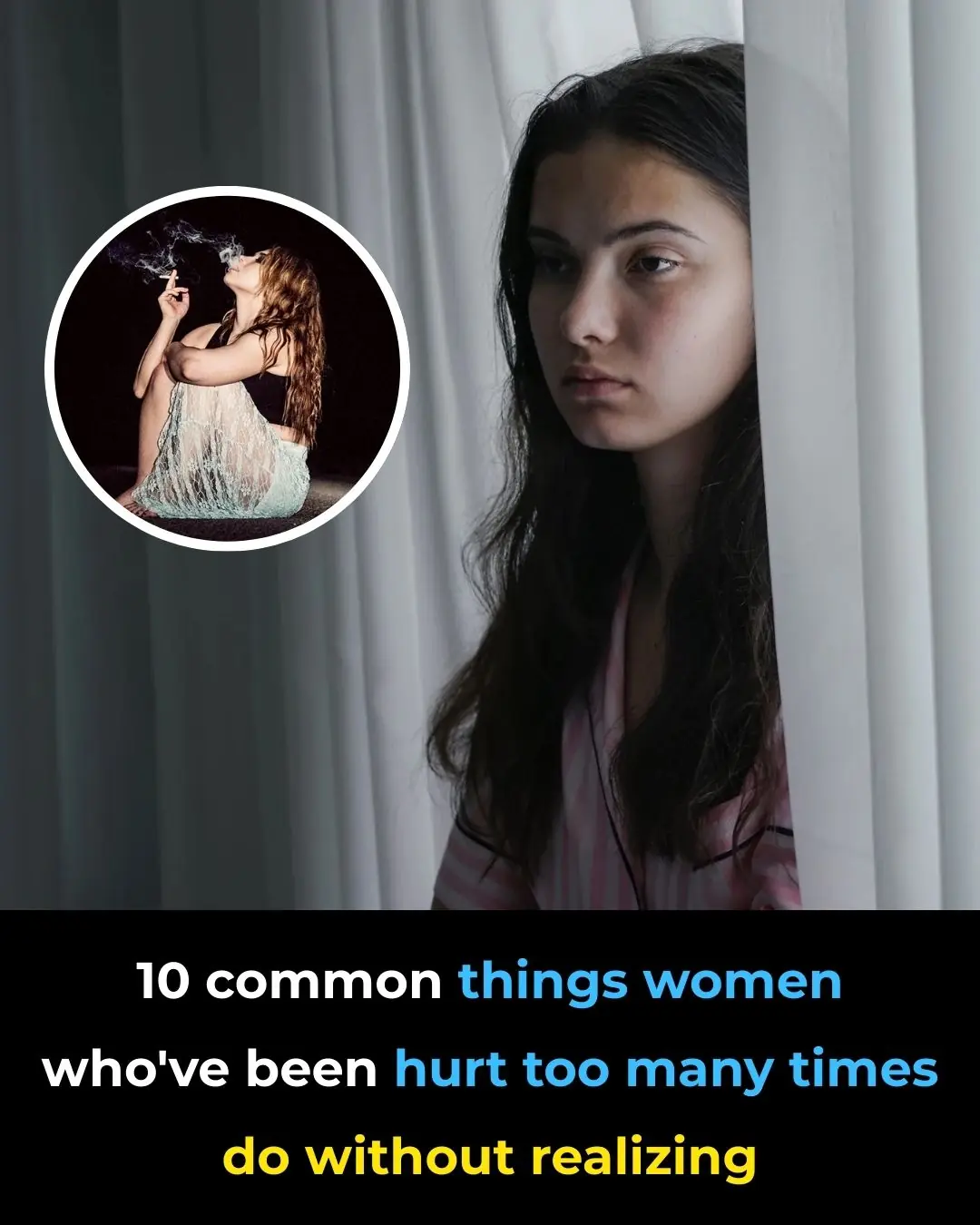
10 Things Women Who Have Been Heartbroken Too Many Times Do

When a married woman is attracted to another man, she does these 9 things

Three holy water rituals many people practice at home before Christmas
News Post

A$AP Rocky Will Cover Rent For All Tenants In The Harlem Building He Lived In As A Teenager

Damon Dash Film Company Auctioned Off For $100 Bucks

Kentucky man allegedly shoots woman over dispute regarding snacks: 'Yes, I ate your snack'

Is Catching COVID-19 More Dangerous Than Getting Vaccinated? What Science Says

EXCLUSIVE: Jailed Sean ‘Diddy’ Combs Takes His $61.5 Million Los Angeles ‘Freak Off’ Mansion Off the Market

Bananas, Garlic, and Dates: The Powerful Health Combo

A Complete Guide to Breast Cancer Prevention

What Can Happen When Women Lack Sexual Intimacy?

After 30 years of my life, I learned that microwave ovens have this function

Tapering Antidepressants: What Strategy Works Best?
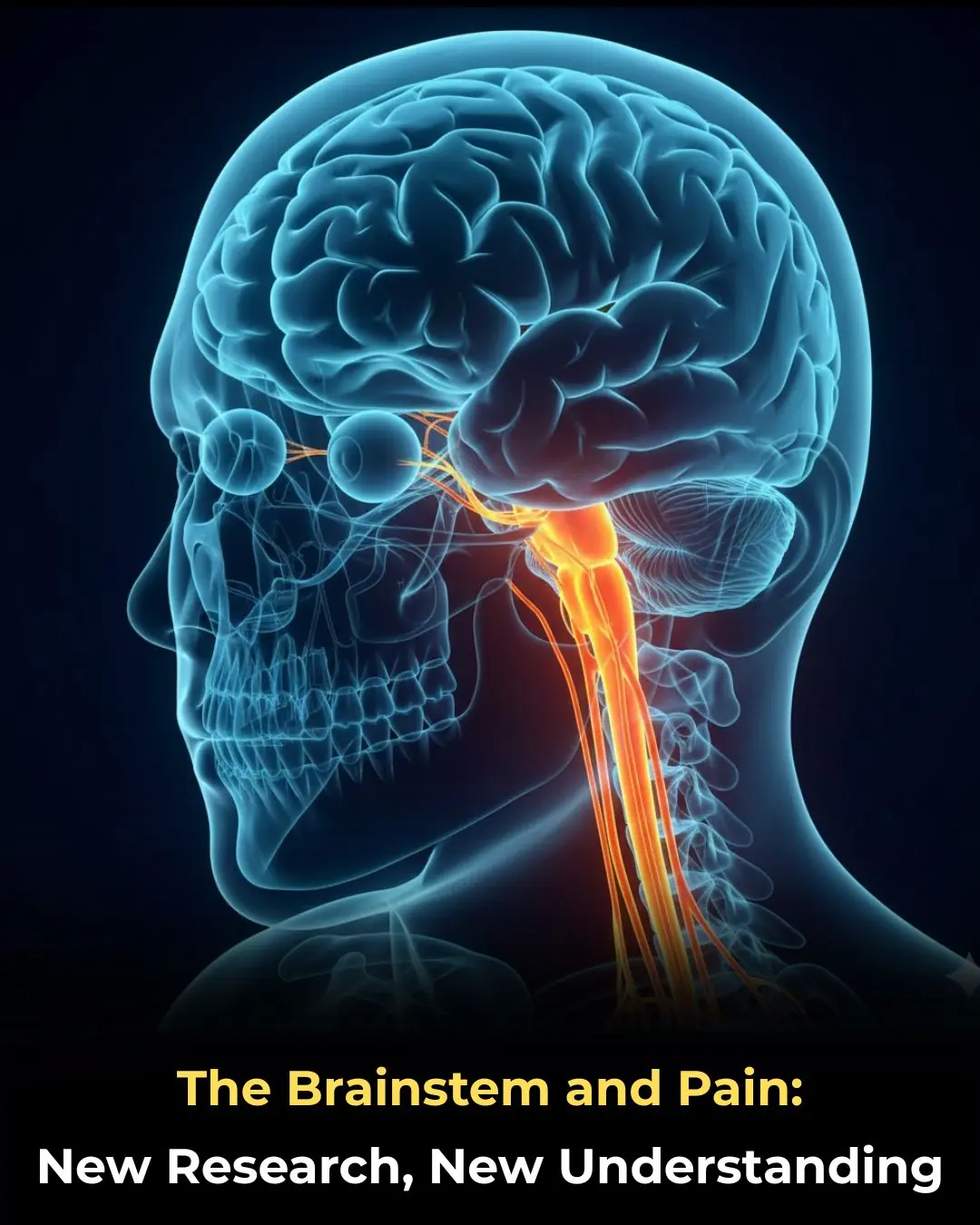
The Brainstem and Pain: New Research, New Understanding

Black Mold on Refrigerator Door Seals? Use This Simple Trick to Clean It in Just 5 Minutes

Five Extremely Dangerous Types of Meat You Should Avoid

10 Probiotic Foods to Improve Your Gut Health Naturally

Could a Simple Bedtime Drink with Three Common Ingredients Support Your Heart Health?

What kind of fruit is so familiar that most people eat it when it's ripe but don't know that the green fruit is considered the "architect" of the intestines?

A TV Viewer’s Sharp Eye Helped Save Flip or Flop Star Tarek El Moussa’s Life

Graduate Kneels to Thank Brother Who Gave Up School for Her

32 Years of Service: Community Saves Elderly Carabao in the Philippines From Slaughter
